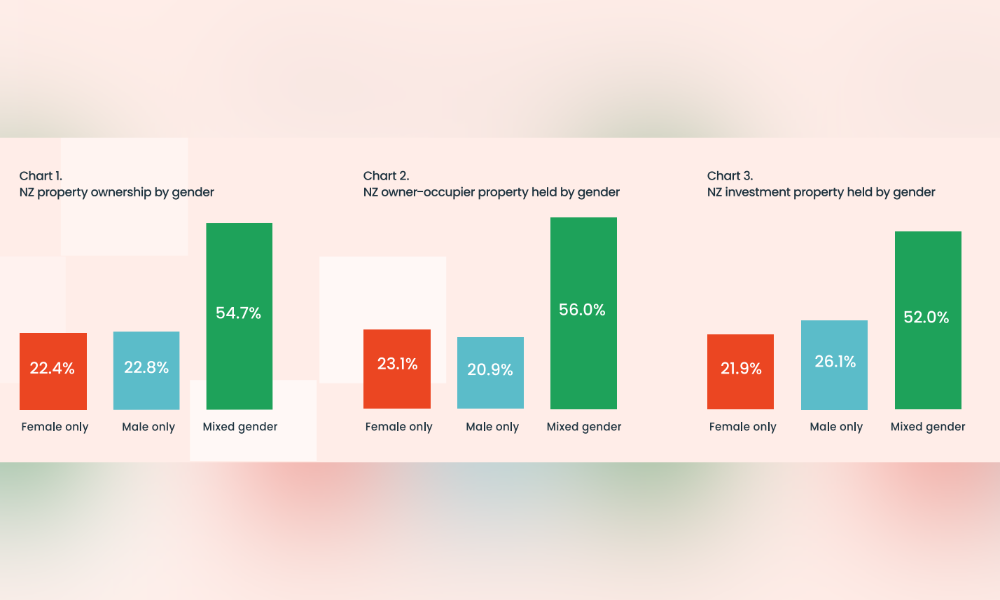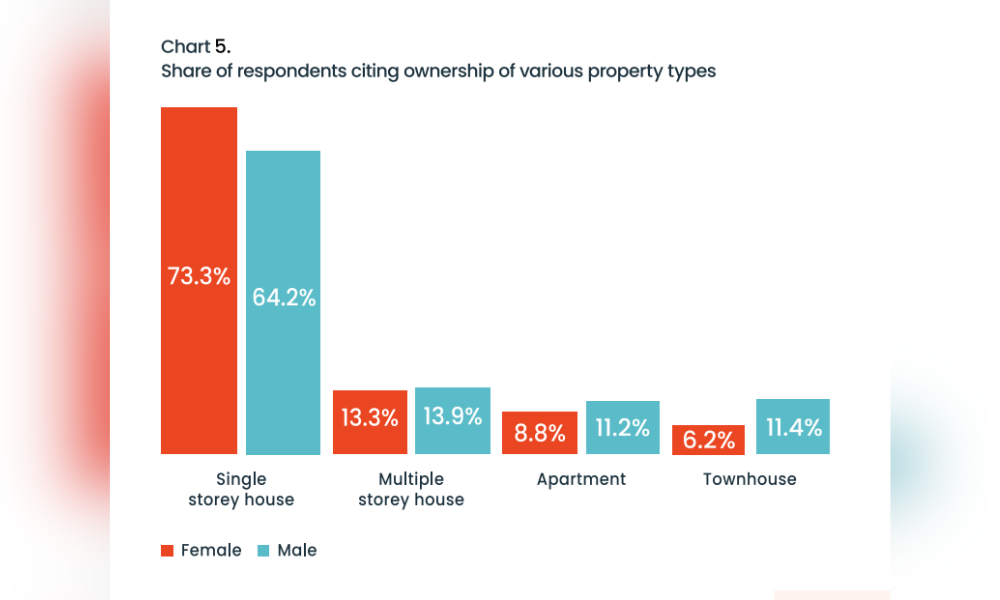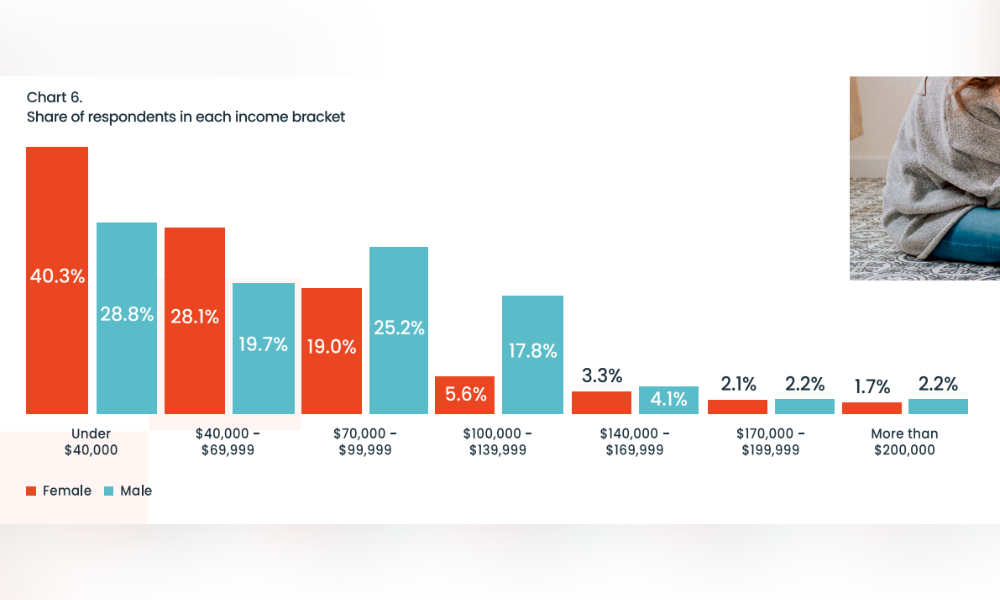Financial barriers continue to limit women's property ownership

CoreLogic’s latest Women and Property report revealed persistent gender disparities in property investment across New Zealand as of early 2025.
Despite a strong inclination towards property ownership among women, financial barriers continue to limit their involvement compared to men.
Investment ownership trends
Amid falling mortgage rates and increasing investor interest, men continue to dominate investment property ownership.
According to CoreLogic data, 14% of male respondents own rental properties, compared to 11% of women. Additionally, men’s property portfolios are more diverse, encompassing a wider range of real estate types.

Regional ownership patterns
Ownership rates vary by region, with areas like Kawerau and Whanganui showing higher female ownership due to affordability.
Conversely, regions with a high concentration of investment properties, such as Queenstown and Mackenzie, reported lower female ownership rates, CoreLogic found.
Significance of property ownership
Owning property is a critical factor in wealth accumulation and securing stable living conditions.
While other investments like stocks and funds are gaining traction, real estate remains a substantial component of household assets in New Zealand, underscoring its continued importance in financial stability.

Financial challenges for women
The desire for property ownership remains high among women, with 61% of female respondents valuing it significantly.
However, economic factors disproportionately affect women, with a notable percentage earning below $70,000 annually, contrasting with their male counterparts.

Barriers beyond finances
Long-term holding patterns
Most investors, regardless of gender, plan to keep their properties for over 10 years.
However, there has been a slight decline in this intention among women, reflecting growing financial pressures and reconsideration of long-term investment strategies.
Preferences in property types
Women predominantly own single-storey houses and are less involved in apartment or townhouse investments compared to men.
This trend suggests a need for policies that also support women’s access to a variety of property types to diversify their investment opportunities.
Boosting financial education
The CoreLogic report suggested enhancing financial literacy programs for women could significantly impact their property ownership rates.
Addressing the gender pay gap, which stands at approximately 9% according to Stats NZ, is also crucial for improving women's financial capacity to invest in property.
Implications for policymakers
The CoreLogic report provides critical insights into the challenges women face in the property market, emphasizing the need for targeted policies to address these issues.
Enhancing financial education, closing the gender pay gap, and supporting women in higher-paying roles are essential steps towards bridging the property ownership gap.



